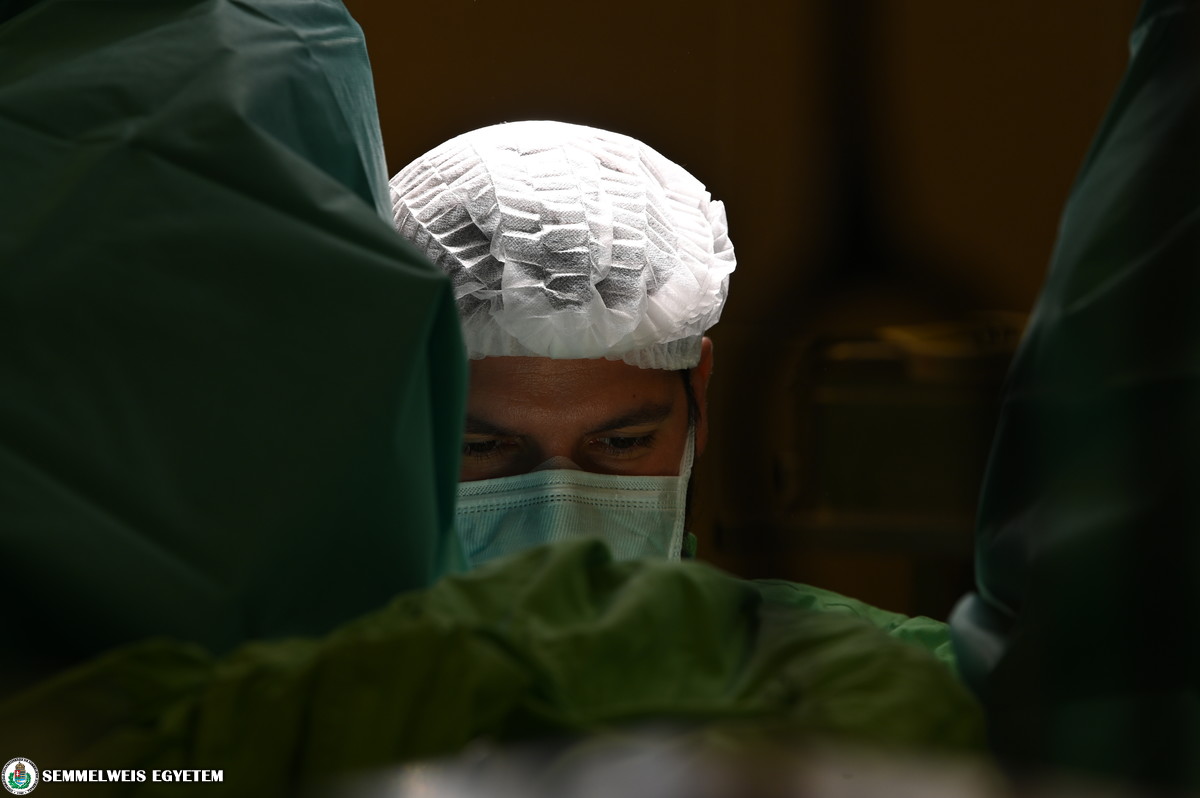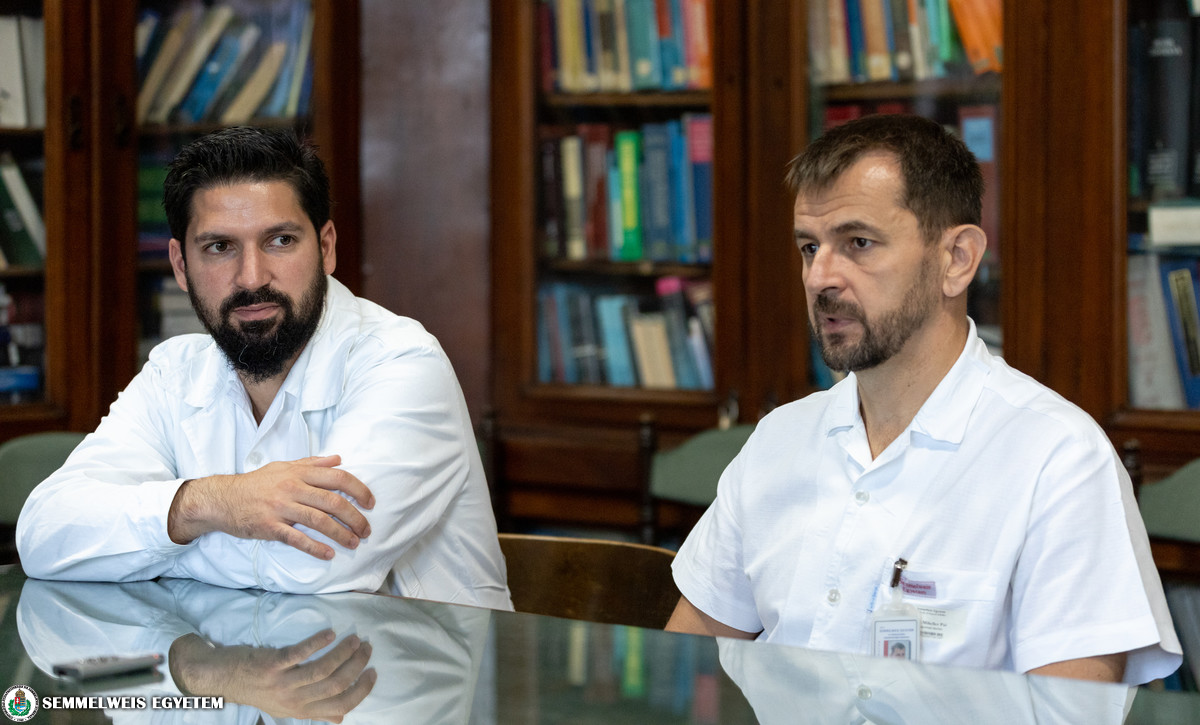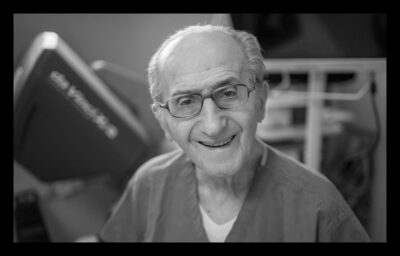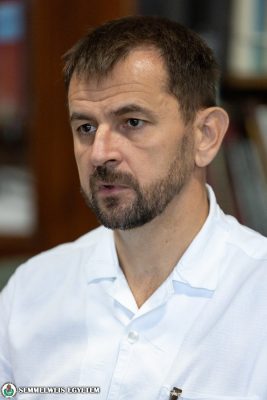 Crohn’s disease is a type of inflammatory bowel disease that affects approximately 20 thousand patients in Hungary. The usual onset is between the ages 20-40, but the disease can occur at any age. Perianal fistulas are common complications of Crohn’s disease and occur when an abnormal passageway develops between the rectum and the outside of the body, which is often characterized by a purulent discharge. In general, this affects every third patient, while some patients only experience this only symptom of the disease, others develop similar problems as the disease progresses – added dr. Pál Miheller, associate professor of the Department of Surgery, Transplantation and Gastroenterology. Complex perianal fistulas represent one of the most challenging manifestations of Crohn’s disease. Patients often develop resistance to the drug therapy, and the success rate of routine surgeries in patients with Crohn’s disease is also significantly lower.
Crohn’s disease is a type of inflammatory bowel disease that affects approximately 20 thousand patients in Hungary. The usual onset is between the ages 20-40, but the disease can occur at any age. Perianal fistulas are common complications of Crohn’s disease and occur when an abnormal passageway develops between the rectum and the outside of the body, which is often characterized by a purulent discharge. In general, this affects every third patient, while some patients only experience this only symptom of the disease, others develop similar problems as the disease progresses – added dr. Pál Miheller, associate professor of the Department of Surgery, Transplantation and Gastroenterology. Complex perianal fistulas represent one of the most challenging manifestations of Crohn’s disease. Patients often develop resistance to the drug therapy, and the success rate of routine surgeries in patients with Crohn’s disease is also significantly lower.
However, the fistula presents the biggest difficulty for younger patients having Crohn’s disease – added the head of the Gastroenterology Clinic. He also added that surgeons and gastroenterologists have to actively collaborate to create the best possible treatment for patients.
The stem cell therapy has been used since early September at Semmelweis University. The therapy’s first procedure is done to prepare and close the fistula. The second procedure, performed later, involves the injection of stem cells into the area around the fistula – added dr. Gábor Ferreira, surgeon of the Department of Surgery, Transplantation and Gastroenterology. The stem cell has a unique ability to develop into many different specialized cell types in the body. In addition, these cells have a regenerative capability. For example, they can transform into fibroblasts to help form a scar in the tract of a fistula.
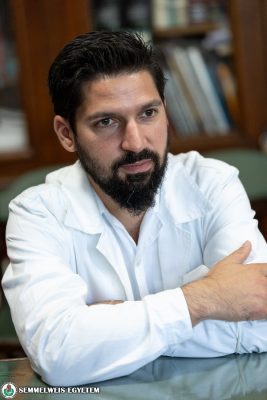 Dr. Gábor Ferreira emphasized that the new method can simplify the surgery process and may double the chances of permanent healing in patients with Crohn’s disease. Crohn disease patients usually have a lower recovery rate than patients having a fistula caused by another disease.
Dr. Gábor Ferreira emphasized that the new method can simplify the surgery process and may double the chances of permanent healing in patients with Crohn’s disease. Crohn disease patients usually have a lower recovery rate than patients having a fistula caused by another disease.
The Department of Surgery, Transplantation and Gastroenterology is the third healthcare center in Hungary, where this therapy is available. The special therapy is funded by the National Insurance Fund of Hungary. Semmelweis University has also participated in the clinical trial related to the stem cell therapy. The first stem cell treatment began in September this year. Usually, the treatment starts with a preparatory surgery and the second procedure involves the injection of the stem cells into the affected area. The first patient who underwent the brand new surgery method is already in good condition. Dr. Gábor Ferreira and dr. Ádám Dániel are the only two certified surgeons at the Department of Surgery, Transplantation and Gastroenterology who are licensed to perform these surgeries. The adipose-derived stem cells necessary for the surgery are provided by a Spanish company and have to be utilized within 24 hours.
Pálma Dobozi
Photo: Attila Kovács – Semmelweis University; Nándor Csuja
Translation: Norbert Lukács

